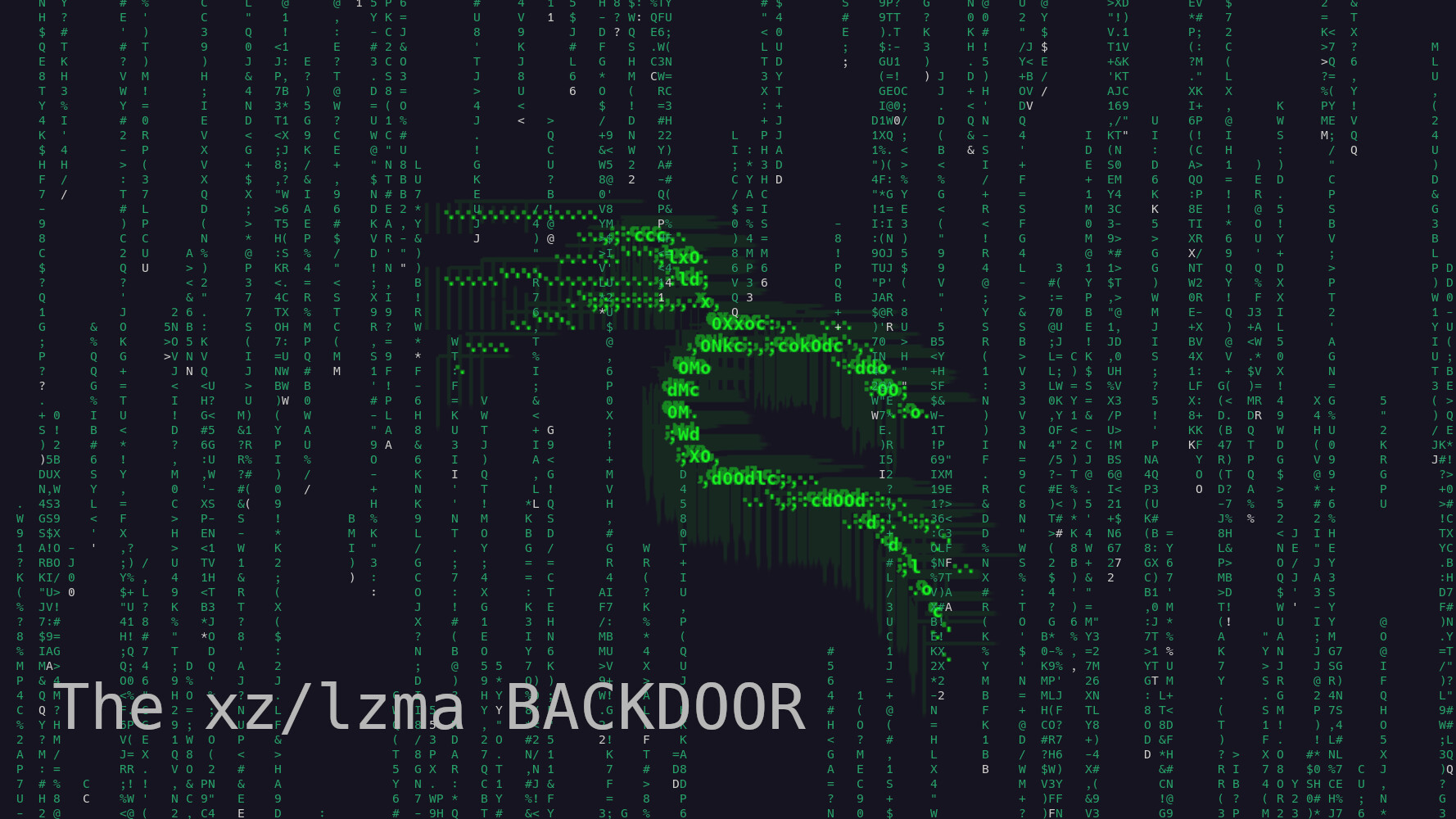Linux Gets Bugged: A Backdoor Discovered in XZ Utils
A Nasty Surprise in Common Compression Tool: Backdoor Found in XZ Utils
The world of open-source software was rocked on March 29th, 2024 with the discovery of a malicious backdoor lurking within a seemingly innocuous utility – XZ Utils. This critical tool, commonly used for data compression on Linux systems, harbored a nasty surprise in versions 5.6.0 and 5.6.1, released in February 2024.
A Well-Hidden Threat
The backdoor, meticulously crafted by a currently unidentified attacker, resided within the liblzma library, a core component of XZ Utils. This devious placement aimed to exploit the software’s role in system administration and potentially grant unauthorized access to a vast array of Linux machines. Thankfully, the backdoor was identified by security researcher Andres Freund before widespread distribution, limiting the potential damage.
Under the Hood of the Backdoor
The attacker’s scheme involved manipulating the build process of XZ Utils. During compilation, a cleverly disguised malicious script was injected, likely leveraging a vulnerability in the build system. This script, containing obfuscated code, targeted the OpenSSH server software, a program responsible for secure remote connections on Linux. By hijacking specific functions within OpenSSH (potentially the auth_pam_unlock() function), the backdoor could potentially grant an attacker complete control over the affected system – a chilling prospect for any security-conscious user.
The specifics of the malicious code remain undisclosed due to ongoing investigations. However, experts believe it involved exploiting a vulnerability to gain unauthorized access during the authentication process.
Dodging a Bullet
The timely discovery of this backdoor is a testament to the vigilance of the open-source community. Developers and security researchers were quick to sound the alarm and mobilize efforts to mitigate the threat. Fortunately, due to the relatively recent release of the backdoored versions, they hadn’t infiltrated most production systems. However, the incident serves as a stark reminder of the ever-present dangers lurking within the digital landscape.
Lessons Learned
The XZ Utils backdoor episode underlines the importance of robust security practices. Here are some key takeaways:
- Maintaining vigilance: Staying updated on security vulnerabilities and promptly patching software is crucial. Consider subscribing to security advisories for commonly used software.
- Scrutinizing the supply chain: Being cautious about the source of software, especially third-party utilities, can help prevent such intrusions. Look for reputable sources and consider code audits for critical components.
- Community collaboration: The open-source community’s swift response demonstrates the power of collective action in safeguarding the digital ecosystem. Participating in security discussions and contributing to open-source projects can strengthen overall security.
The Linux community is undoubtedly shaken by this incident. However, it’s also a chance to learn, adapt, and strengthen defenses against future threats. By prioritizing security and fostering collaboration, the open-source community can ensure a more secure and robust digital environment for all.
